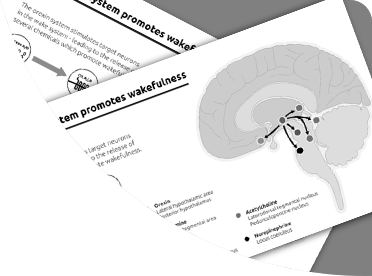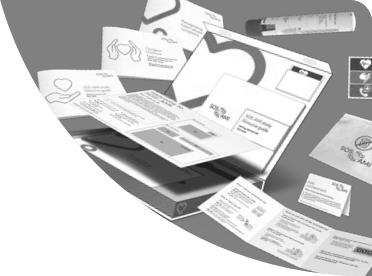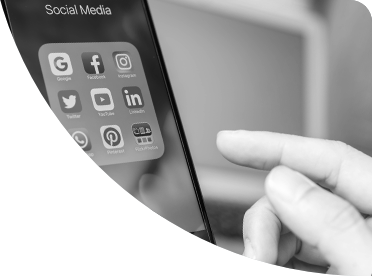Our articles

March 23, 2022
What’s new for the pharmaceutical industry in the 2021 ABPI Code update?
The Code of Practice for the Pharmaceutical Industry (the code) is published by the Association of the British Pharmaceutical Industry (ABPI) - find out what's new
Read now
January 20, 2022
The Oxford AstraZeneca vaccine and the missed opportunity for professional science communicators
Brain power, collaboration, and sheer hard work underpinned the development of the Oxford/AstraZeneca vaccine, so how have science communicators missed an opportunity to spread the word here?
Read now
December 16, 2020
When every word counts
How you communicate matters. Whether patients are vulnerable in the context of a clinical trial or because of their illness, it's is important to be aware of these factors when strategising a patient communication plan.
Read now
November 25, 2020
One year at Enzyme Communications
Enzyme's company process revolves around four Ps (Position, Promise, Proof and Patient). After year one of working with us, Lois sums up her experience with her own four Ps
Read now
August 10, 2020
Fair and diverse participation in clinical trials: is that even achievable?
Studies show that clinical trials conducted in the United States tend to involve primarily middle and upper-class, younger, white male participants. Ideally of course, a clinical trial’s population would consist of a variety of different sexes, race and ethnicities.
Read now
May 14, 2020
Are you using digital marketing to locate your clinical trial participants?
Figures from 2014 showed that up to 89% of pharmaceutical companies were failing to notice the potential of non-traditional methods of recruitment.[2] While this is no doubt changing, many companies have plenty of room to improve.
Read now
February 26, 2019
How to use social media in healthcare product launches
As everyone is well aware, social media can be a useful tool for business to access target audiences. The same is true in the healthcare environment, where pharmaceutical companies want to reach healthcare professionals to communicate the value proposition of the treatments they produce and market.
Read now
January 31, 2019
Strategic and tactical innovation in healthcare communications under the GDPR
The General Data Protection Regulation (GDPR) has had many companies focused on data storage, processing and compliance over the last 12-24 months - and rightly so. As of last week, we have seen that the GDPR has teeth and that regulators intend to enforce the rules.
Read now
January 15, 2019
What does ‘no-deal’ mean for the supply of medicines?
Following today's defeat of the Prime Minister's Brexit deal, many thousands of people up and down the UK will be extremely worried. Not because of the economic or political implications, but because their wellbeing and potentially even their life is dependent on a consistent supply of medicine.
Read now
January 7, 2019
New year, new approach?
Talking about science and selling scientific products and services to varied audiences is often not so different from traditional marketing.
Read now
January 4, 2019
What is science communication?
That’s a great question, and as science communication specialists, it’s a question that we ask ourselves a lot. To answer that question let’s begin with a boat full of sailors in 1747.
Read now
